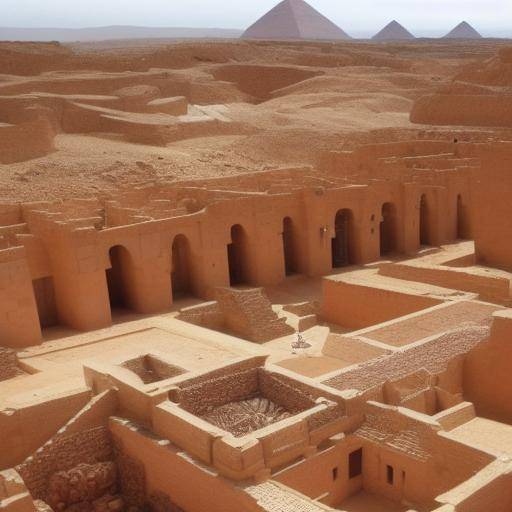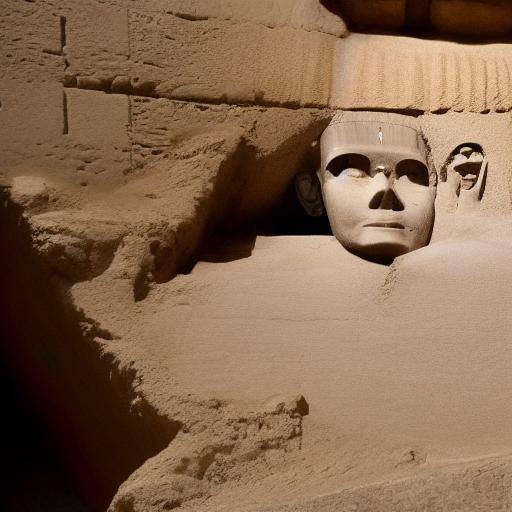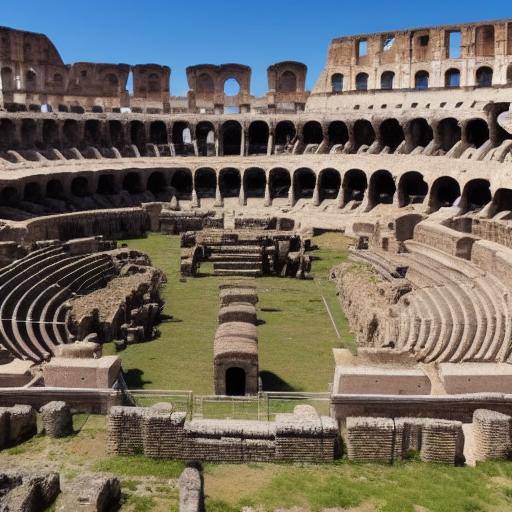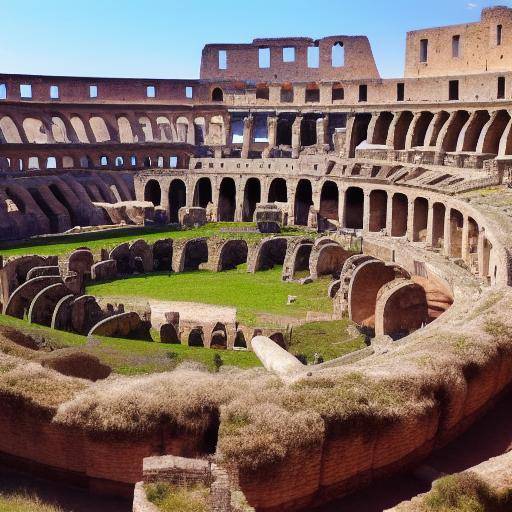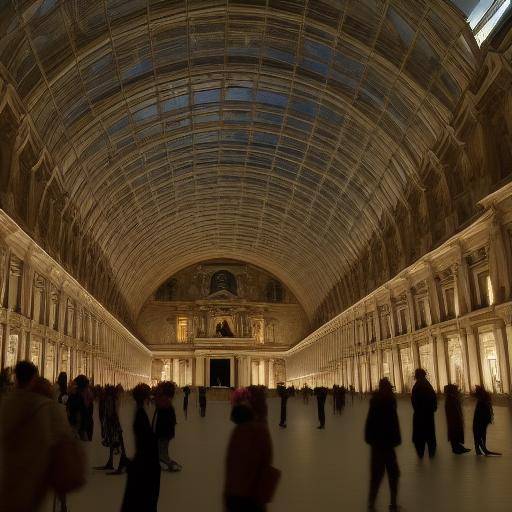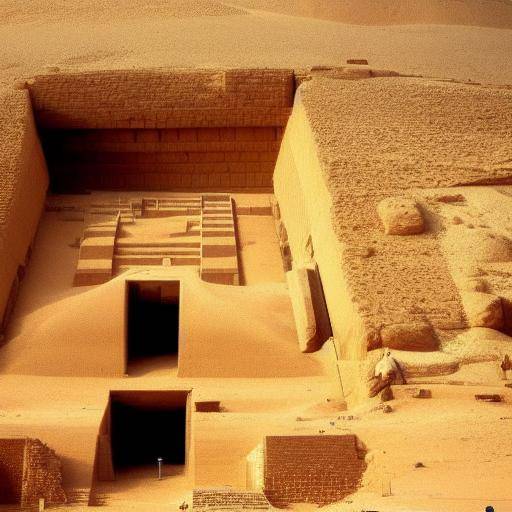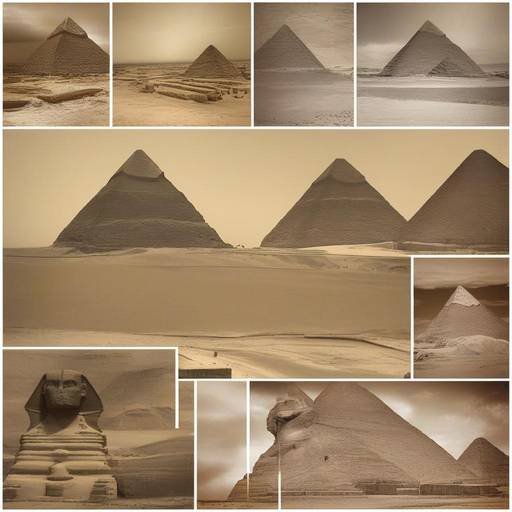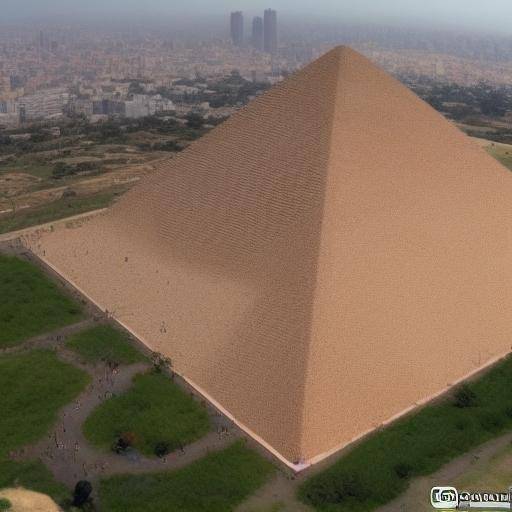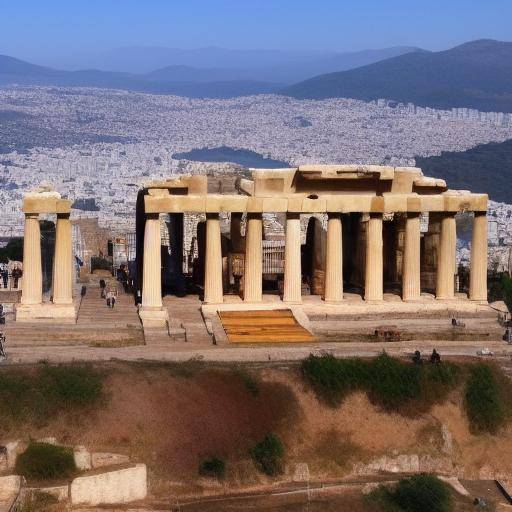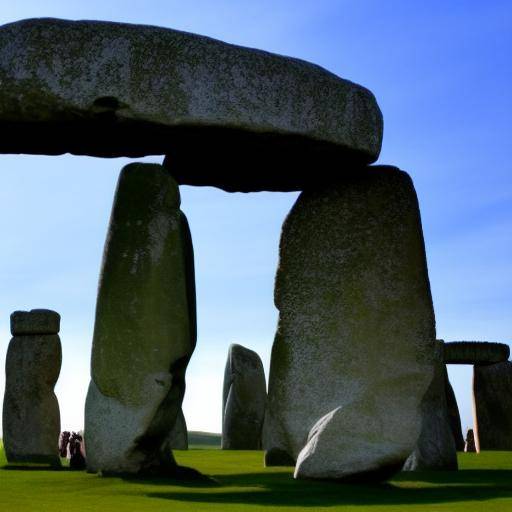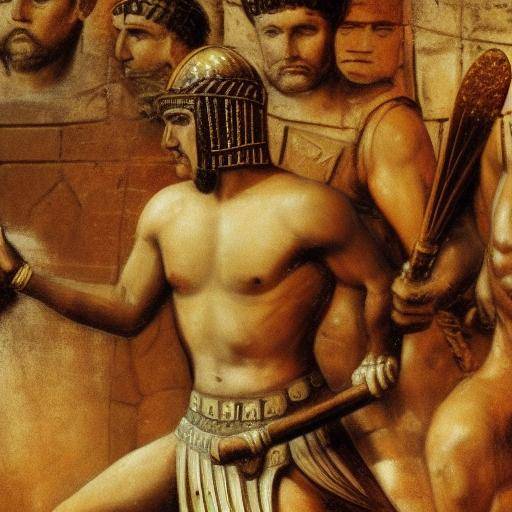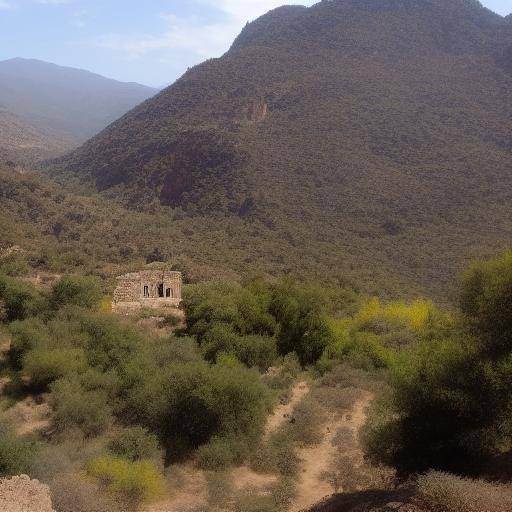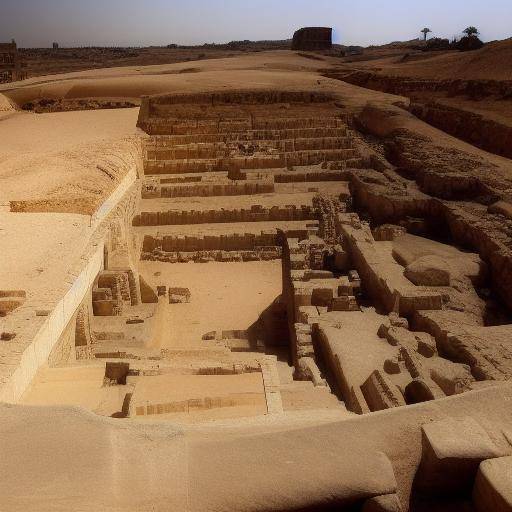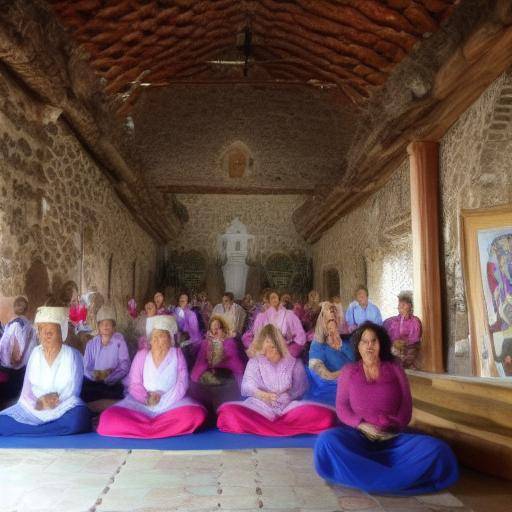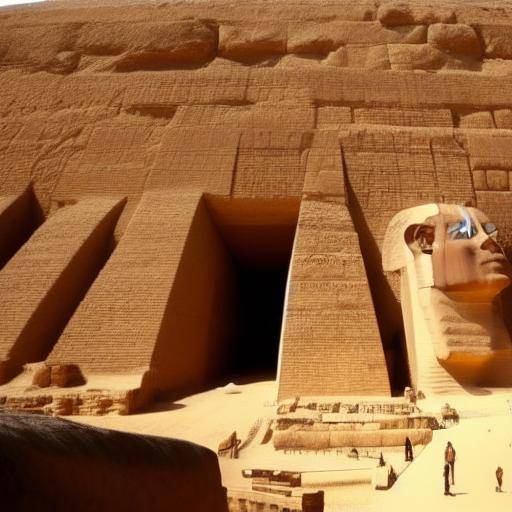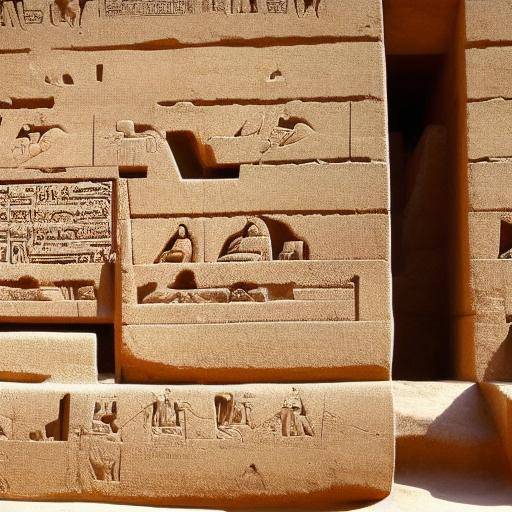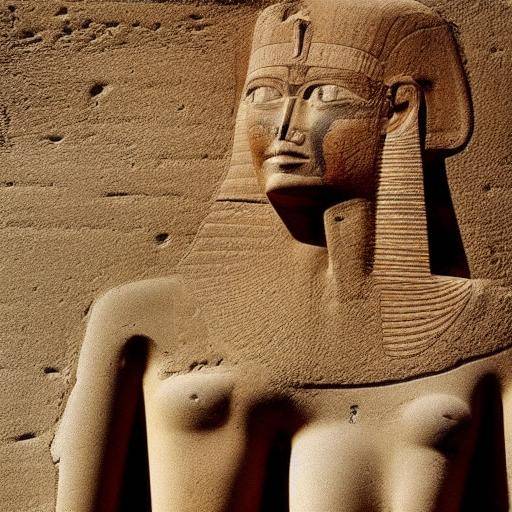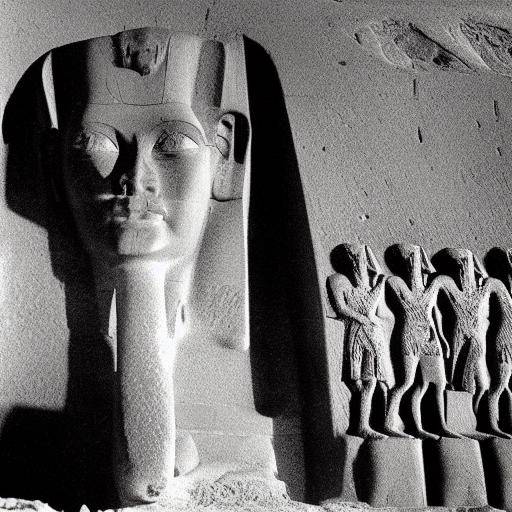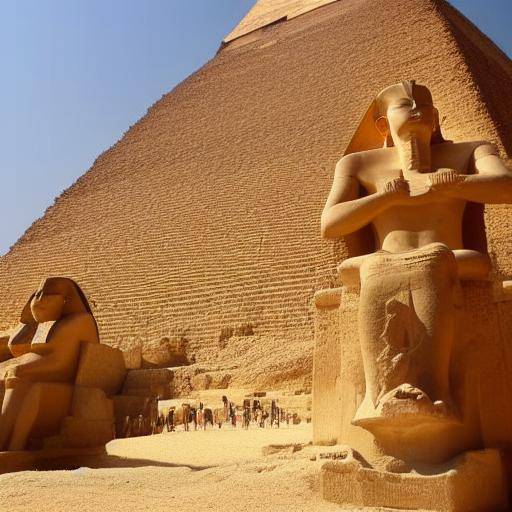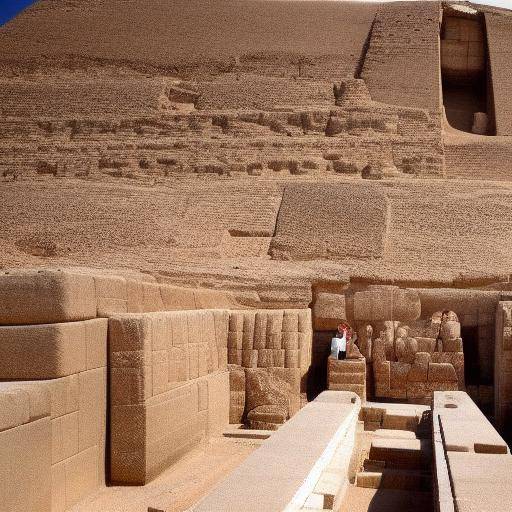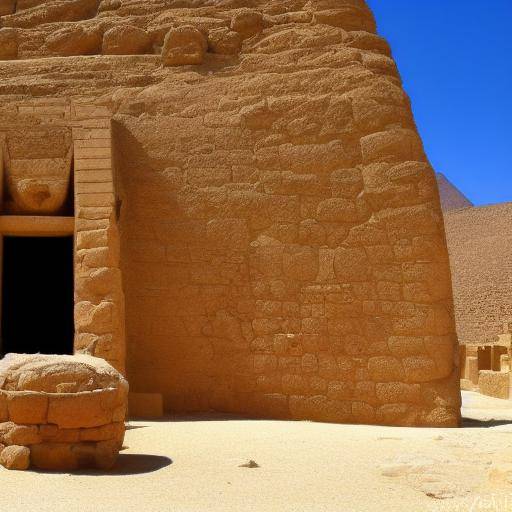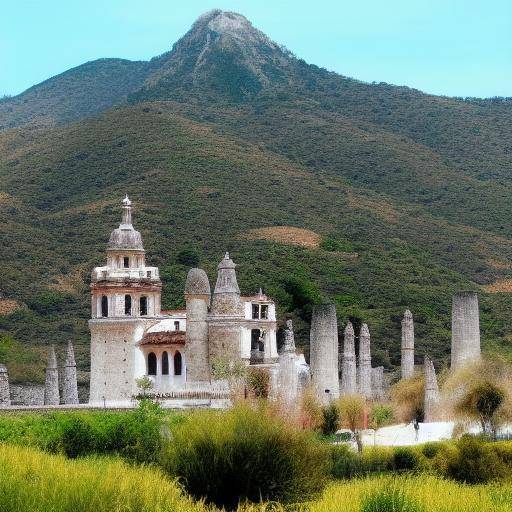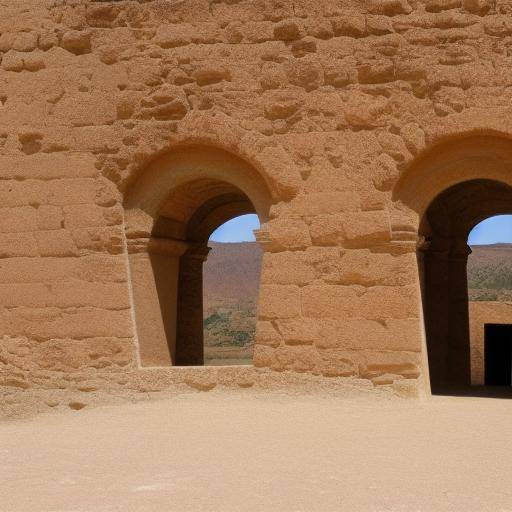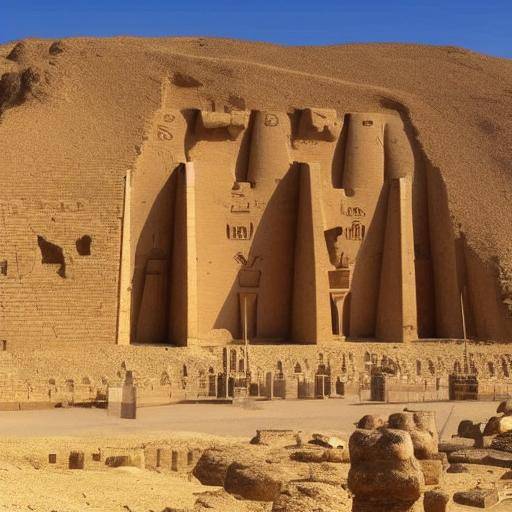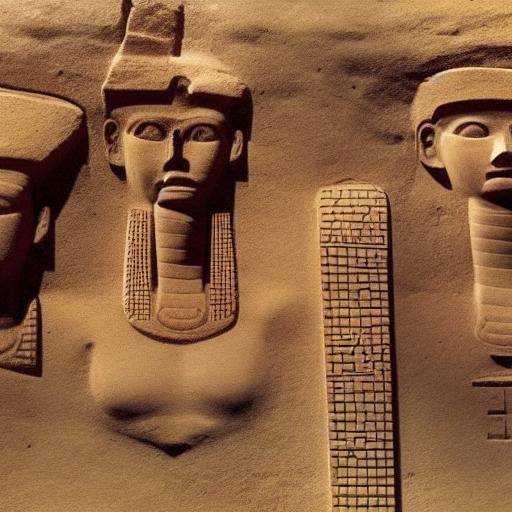
Introduction
The Valley of the Kings, located on the western shore of the Nile River, is an extremely important archaeological site that houses the tombs of numerous Pharaohs of ancient Egypt. This majestic place, which bears the legacy of one of the most fascinating civilizations in history, offers valuable lessons on life in ancient Egypt. In this article, we will thoroughly explore history, transcendental discoveries, rich culture, and the current relevance of the Valley of the Kings, Egypt and ancient history.
History and Background
The Valley of the Kings, also known as "the Divine Corner", served as a real necropolis during the New Empire period, approximately between the years 1539 BC and 1075 BC. For more than five hundred years, this valley was the eternal resting place of countless Pharaohs, queens, nobles and high dignitaries of ancient Egypt.
The discovery of the Valley of the Kings dates back to the eighteenth dynasty with the tomb of Thutmose I. However, the most emblematic finding was that of Tutankamon's tomb by British archaeologist Howard Carter in 1922. This discovery, which shocked the world, revealed invaluable treasures and artifacts that provided deep understanding of ancient Egyptian life, their beliefs, funeral rituals and exquisite crafts.
Analysis in Deep
The cultural wealth of the Valley of the Kings offers a unique window to understand everyday life, religious practices, the arts and architecture of ancient Egypt. The elaborate tombs with their hieroglyphics, mural paintings and funeral objects bring us closer to the Egyptian cosmogony and mythology, as well as to their vision of the Beyond, permeated with symbolism and rituals that ensured the immortality of the soul.
In addition, the evolution of the techniques of building and decoration of tombs that reflect the skill and ingenuity of the craftsmen of the time is highlighted. The Valley of the Kings is a palpable testimony of the Pharaonic might and its quest for transcendence in a divinized world.
Comprehensive review
The remains in the Valley of the Kings not only offer a fascinating perspective of ancient Egyptian civilization, but also present contemporary challenges in terms of conservation and protection of cultural heritage. The need to preserve these treasures for future generations is a crucial theme in a globalized world and in constant transformation.
Comparison and Contrast
The Valley of the Kings stands as a fundamental pillar in the understanding of ancient history and civilizations of the Eastern Mediterranean. Their findings contrast and at the same time link with other great ancient cultures, such as Greek, Assyrian and Persian. These parallels offer valuable insights into the interconnection between the great civilizations of antiquity and their mutual influences in fields such as architecture, astronomy, medicine and philosophy.
Practical Tips and Accessible Recommendations
If you have the opportunity to visit the Valley of the Kings, we suggest you explore the tombs of Ramses IV, Ramses IX, and Tutankamon, whose funeral chambers and detailed decoration are true wonders. In addition, we recommend you to accompany your visit with the reading of works related to ancient Egyptian history to enrich your experience.
Industrial Looks and Expert Reviews
Reputable Egyptologists and archaeologists agree on the unmatched relevance of the Valley of the Kings, both in terms of archaeological research and in the understanding of the Egyptian worldview, its influence on contemporary culture and its lasting legacy in humanity.
Case Studies and Practical Applications
The detailed study of the tombs and objects found in the Valley of the Kings provides valuable lessons on life, society, religion and art in ancient Egypt. These findings have allowed the reconstruction of fundamental aspects of everyday life, religious beliefs and funeral customs, providing an enriching perspective for historical and anthropological research at the academic and public levels.
Future Trends and Predictions
The Valley of the Kings will remain a benchmark in the understanding of ancient history and, as technology and conservation techniques advances, even more surprising discoveries are expected. Interdisciplinary research and the use of advanced tools such as tomography and radiocarbon dating promise innovative discoveries that will bring us closer to life in ancient Egypt.
Conclusion
The Valley of the Kings reveals the greatness of a civilization that has fascinated the world for millennia. Its archaeological treasures and the cultural wealth that emanates from its depths are testimony to a rich and fascinating history, which continues to inspire and awaken our curiosity. Through the study of the Valley of the Kings, we immerse ourselves in a fascinating journey to the heart of ancient Egypt, where historical lessons endure and connect us with the roots of humanity.
Frequently asked questions
**1. What is the importance of the Valley of the Kings in the ancient history of Egypt?**The Valley of the Kings is of utmost importance, as it houses the tombs of many Pharaohs and dignitaries, offering a unique window to understand the life and beliefs of ancient Egypt.
**2. What outstanding discoveries have been made in the Valley of the Kings?**The most emblematic discovery was that of the tomb of Tutankhamon in 1922 by Howard Carter, who revealed invaluable treasures and provided deep understanding of ancient Egyptian life.
**3. How does the Valley of the Kings relate to contemporary culture?**The legacy of ancient Egypt, including the Valley of the Kings, has left a profound mark on contemporary culture through influences on art, architecture, religion and mythology.
**4. What is the impact of the Valley of the Kings on archaeology and historical studies?**The Valley of the Kings has been fundamental in the advancement of archaeology and historical studies, providing a wealth of information about life in ancient Egypt and its funeral customs.
**5. What are the current challenges in the conservation of the Valley of the Kings?**Current challenges include the conservation and protection of cultural heritage, as well as the mitigation of the impacts of tourism and erosion.
**6. What is the relevance of the Valley of the Kings in the context of other ancient civilizations?**The Valley of the Kings is relevant in the context of other ancient civilizations, as it offers comparisons and contrasts that enrich the understanding of ancient history in the Eastern Mediterranean.
In short, the Valley of the Kings presents itself as an invaluable treasure that offers a unique vision of life in ancient Egypt, its legacy endures in humanity and continues to fascinate entire generations. The exploration of this archaeological site invites us to reflect on our past, to enrich our understanding of the ancient world and to value the importance of preserving our historical heritage for future generations.

